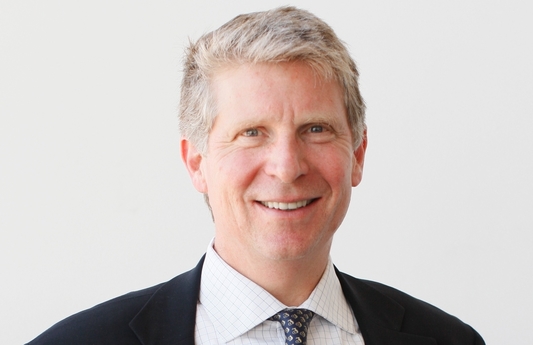Political donations to prosecutors under scrutiny in New York

Manhattan District Attorney Cyrus Vance Jr. Photo by Saffie 55, via Wikimedia Commons.
After suggestions of impropriety in two high-profile cases, New Yorkers are increasingly interested in limiting campaign donations to prosecutors, the New York Times reported Wednesday.
Donations to Manhattan District Attorney Cyrus Vance Jr. are at the center of that interest, the Times reported. Vance came under fire twice in October when allegations surfaced that his office had dropped investigations into two high-profile defendants—the Trump family in one case, film producer Harvey Weinstein in another—and received campaign donations from their attorneys within months.
Public criticism over those incidents led to two challengers in Vance’s most recent re-election campaign, which ended this month. Though Vance won, the two write-in challengers together got 9 percent of the vote. A New York state legislator often critical of Vance has also drafted legislation to limit contributions from the defense bar, and anti-corruption groups Common Cause and Citizens Union have asked district attorneys to voluntarily set such limits. Vance himself has asked Columbia Law School for help finding a way to limit the influence of contributions from defense lawyers.
The problem is not just with Vance, reformers say. Prosecutors are elected officials in every state but three, the Times says, and they run unopposed more than 80 percent of the time. Donations from defense lawyers who may appear opposite the prosecutor’s office are perfectly legal.
“If you dig into campaign contributions for virtually any district attorney, you are going to find contributions from defense attorneys, law firms and bail bondsmen,” said Susan Lerner, the executive director of Common Cause New York.
However, the move to limit campaign contributions from defense attorneys could run headlong into the First Amendment, since the U.S. Supreme Court has determined that political donations are a form of speech. Banning donations from the defense bar might also limit who can afford to run for office, the Times observes.
Campaign finance documents show that Vance has received at least $300,000 since 2009 from lawyers or law firms that regularly defend clients in Manhattan. Vance denies that campaign contributions have affected his decisions on cases, and he has returned gifts from Marc Kasowitz, the attorney for the Trump family. Kasowitz also denies that there was any improper intent to his donation, as does Weinstein attorney David Boies.



